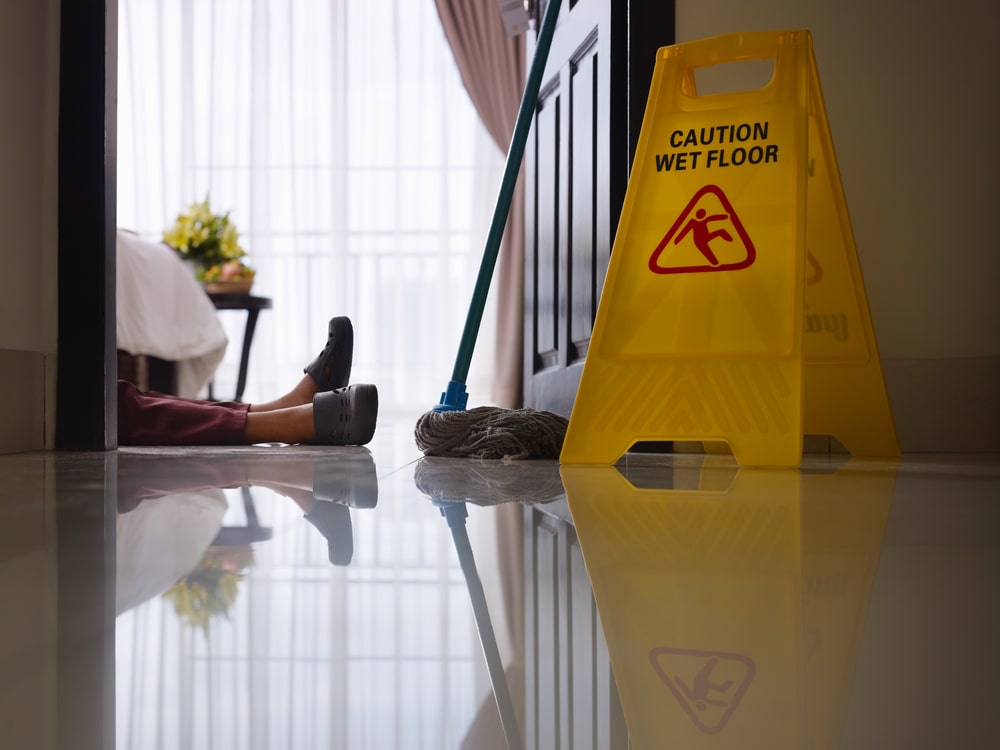Slip and fall accidents can happen anywhere and to anyone. While some may result in mere embarrassment, others lead to serious injuries, turning lives upside down. When such incidents occur, understanding the role of negligence is crucial. This forms the foundation of most slip and fall claims, guiding the legal journey towards fair compensation.
Defining Negligence In Slip And Fall Cases
Negligence, in legal terms, refers to the failure to behave with the level of care that someone of ordinary prudence would have exercised under the same circumstances. In the context of slip and fall accidents, this implies a property owner’s failure to maintain a safe environment. Identifying negligence is the first step in establishing liability and is crucial for a successful claim.
The Duty Of Care Explained
The concept of duty of care is central to negligence claims. Property owners, whether they are individuals or businesses, have a legal obligation to ensure their premises are safe for visitors. This duty encompasses regular inspections, timely repairs of known hazards, and adequate warnings about potential dangers. The breach of this duty can be considered negligence.
Proving Negligence
To prove negligence in a slip and fall case, several elements must be established:
- Duty of Care: Demonstrating that the property owner owed a duty of care to the injured person.
- Breach of Duty: Showing that the property owner breached this duty, either through action or inaction.
- Causation: Linking the breach of duty directly to the accident and the resulting injuries.
- Damages: Providing evidence of the actual damages suffered, which can include medical bills, lost wages, and pain and suffering.
Each of these elements requires concrete evidence. Photographic proof of the hazardous condition, witness testimonies, and medical records are often pivotal in building a strong case.
Where Expertise Comes In
Navigating the intricacies of negligence in slip and fall cases can be challenging. This is where the expertise of a slip and fall lawyer becomes invaluable. Our friends at Wandres Law, PC, can attest to the complexities involved in such cases. They emphasize the importance of having a skilled attorney who can dissect the nuances of negligence, gather compelling evidence, and present a persuasive argument in your favor.
The Role Of Comparative Negligence
In some cases, the victim may also bear a portion of the blame. This concept, known as comparative negligence, implies that the compensation can be reduced by the percentage of fault attributed to the injured party. For instance, if you are found 20% responsible for the accident, your compensation might be reduced by that amount.
The role of negligence in slip and fall claims is a nuanced and complex area of personal injury law. It requires a keen understanding of legal principles and a strategic approach to evidence gathering and presentation. Victims of such accidents should seek professional legal advice to ensure their rights are protected and they receive the compensation they deserve. Remember, each case is unique, and the specifics of negligence can vary greatly, making personalized legal guidance essential.

